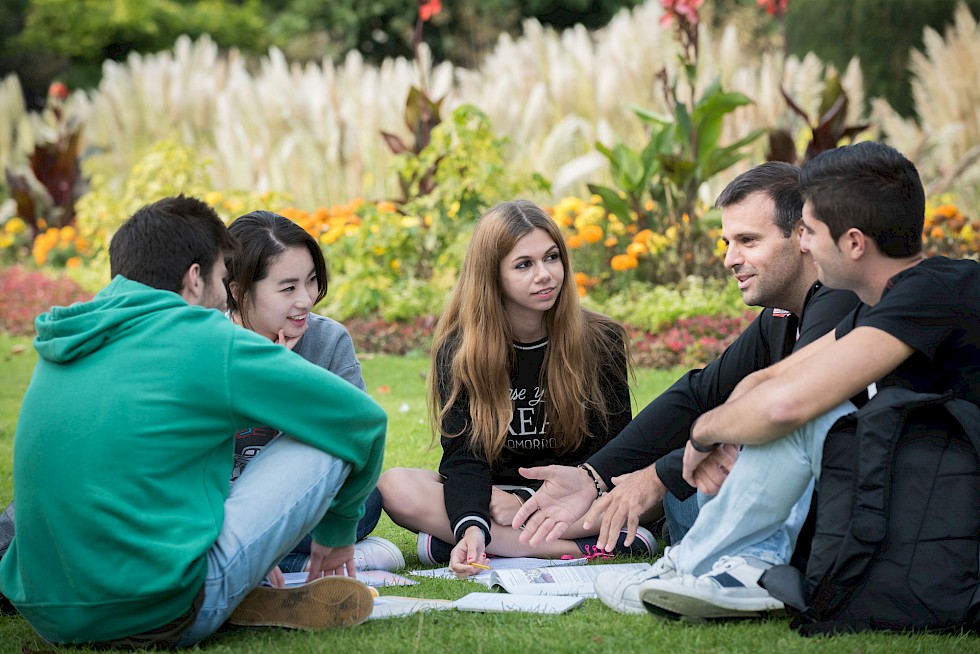College Carbon Zero Project

Our Carbon Zero project is underway! We have secured Salix grant funds from the Public Sector Decarbonisation Scheme (PSDS) to deliver energy-saving projects. East Sussex College joins the likes of Sky with the aim of becoming carbon zero by 2030.
Proposals include a range of building and asset-specific opportunities to decrease energy consumption and heat loads, increase on-site renewable generation and improve carbon performance across the estate.
Rebecca Conroy, Principal and CEO at ESC, says,
"This project supports our decision to move towards achieving net zero carbon by 2030. We are passionate about reducing our impact on the environment and this project emphasises our commitment to understanding the carbon emissions we produce as a business. We will also be sharing some further exciting news in the coming months about a new project to begin training the next generation of green construction, engineering and electric vehicle technicians in partnership with other colleges across Sussex, so this is just the start of our green revolution."
The changes:
- Ground Source Heat Pumps (GSHP) - Ore Valley campus
- Air Source Heat Pumps (ASHP) - Station Plaza campus
- GSHP - Eastbourne
- ASHP and GSHP - Lewes
What are Ground Source Heat Pumps? A renewable heating/cooling system that extracts energy stored in the ground to provide a building with 100% of its heating and hot water all year round.
What are Air Source Heat Pumps? Like GSHP, Air Source Heat Pumps are a renewable energy. They absorb outside heat (even when it's cold out!) and release it indoors, much in the same way air conditioners are used, but in the opposite direction!
Steps towards a more sustainable future
East Sussex College signed up to the Mvula Carbon Capture Project in 2020, run by United Nations Association Eastbourne, and pledged to plant 5,000 Mvule trees (Melicia excelsa) and 1,000 fast growing ‘companion species’ (Terminalia superba and Maesopsis eminii) in Equatorial Uganda.
The College Group calculated that it produces 5,786 tonnes of CO2 per year, so the initial batch of trees planted will comfortably offset the college’s emissions. It is expected within the next 20 years these 6,000 trees will capture at least 60,000 tonnes.
Furthermore, the College is developing an exciting range of courses to begin training the next generation of green construction, engineering and electric vehicle technicians. Watch this space!
Recent
2 July 2025
East Sussex College Explores Exciting Collaboration with The People’s Mosquito
East Sussex College is excited to announce a developing collaboration with The People’s Mosquito
30 June 2025
Motor Vehicle Students Celebrate a Year of Success at Presentation Ceremony
Motor Vehicle students in Eastbourne were celebrated in style at a recent end-of-year presentation ceremony
27 June 2025
From Hastings Degree Student to Shaping the BBC’s Digital Future
Steven’s journey from a curious student in Hastings to a Senior Technical Architect at the BBC